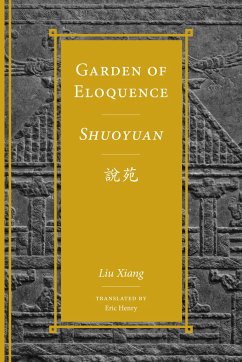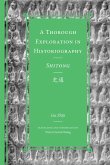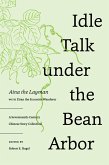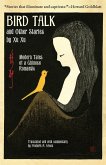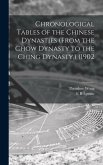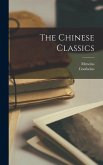"Garden of Discourse (Shuo yuan) is a collection of some seven hundred items of varying length, mostly quasi-historical anecdotes and narratives, compiled by the Han dynasty archivist Liu Xiang and presented to the throne in 17 BCE. It was divided by its compiler into twenty books under different subject headings. The work stands at the end of a seven-hundred-year-long tradition of narrative writing on historical and philosophical themes, a tradition that began with terse entries in a set of annals that began to be created in the state of Lu in 722 BCE, and continued with the mid-fourth century BCE Zuo Tradition (Zuozhuan), consisting of narratives set in the Spring and Autumn Era, 722-479 BCE; the early Han Intrigues of the Warring States (Zhanguoce); the mid Western Han Records of the Historian (Shiji), and many other works. Garden of Eloquence has remained a popular source of allusions and quotations since its compilation. It is particularly valuable as a source for Han dynasty views concerning history and ethics. It contains many items, for example some drawn from Confucius's speeches and doctrines, that do not appear in earlier texts. The work shows that, as late as the end of the Western Han (206 BCE-09 CE), China's first long-lasting imperial dynasty, narrative lore pertaining to earlier periods was still in a fluid state-it was still possible for new "historical" narratives to be created and for existing ones to be further developed. Garden of Eloquence is also valuable as a repository of items that originally appeared in other early collections, mentioned in the History of the Han (Hanshu), that are no longer extant"--

